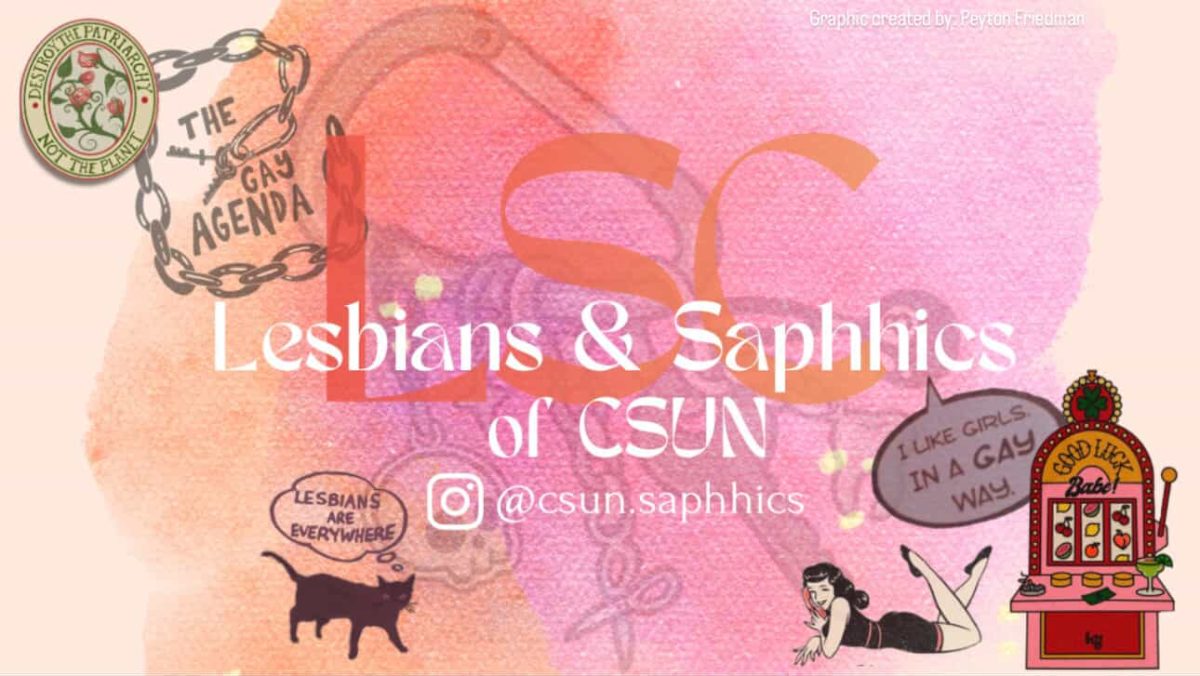The Islamic Republic of Iran has challenged its constitution in the course of handling Iranians disputing the 2009 presidential election.
Hundreds of thousands of protesters have taken the streets of Iran demanding a rerun of the June 12 allegedly fraudulent presidential election. With the intention of holding peaceful demonstrations, the protesters have forbidden themselves from carrying weapons of any sort.
Threatened by the massive outpouring of presidential challenger Mir Hossein Mousavi’s supporters, demonstrators have been attacked, arrested and killed by government authorities such as the Revolutionary Guard which is directly under the control of the supreme leader, Ayatollah Ali Khamenei, and the Basij, a voluntary paramilitary force of estimated millions who take orders from the Revolutionary Guard.
Nonetheless, article 27 of the Islamic Republic of Iran’s constitution, clearly states “Public gatherings and marches may be freely held, provided arms are not carried and that they are not detrimental to the fundamental principles of Islam.” (http://www.iranonline.com/iran/iran-info/Government/constitution-3.html)
As mentioned above, arms have not been carried by the protesters, and I have not crossed any versus in the holy book of Quran indicating people’s dispute of a presidential election as being “detrimental to the fundamental principles of Islam.”
It is the goal of the Islamic Republic of Iran to address all its sources to “the participation of the entire people in determining their political, economic, social, and cultural destiny,” as per article 3.8 of the Iranian constitution. (http://www.iranonline.com/iran/iran-info/Government/constitution-1.html)
However, the Iranian population faced a bloody massacre by the current government of Iran as they requested their constitutional right of determining their political destiny.
In addition, article 3.2 of the Iranian constitution states that “the government of the Islamic Republic of Iran has the duty of directing all its resources to raising the level of public awareness in all areas, through the proper use of the press, mass media, and other means.” (http://www.iranonline.com/iran/iran-info/Government/constitution-1.html)
Yet, The Paris-based media watchdog group Reporters without Borders reported that Iranian authorities have arrested 23 Iranian journalists and bloggers since post-election protests. It asserts reporters as a “priority target” for Iran’s government. “Among those arrested was the head of the Association of Iranian Journalists,” the group said, as per Associated Press.
Iranian authorities have also interfered with the internet by blocking Web sites such as Facebook and Twitter. Text messaging has been inoperative since during the election, and cell phone service in Tehran is frequently down, reported Associated Press.
Perhaps the Islamic government does not consider the Internet or a new technology, such as text messaging, as a valid source of “raising the level of public awareness.”
The most ambiguous is that the constitution of the Iranian government begins with the statement that the Islamic Republic is “endorsed by the people of Iran on the basis of their longstanding belief in the sovereignty of truth and Qur’anic justice,” as stated in article one. (http://www.iranonline.com/iran/iran-info/Government/constitution-1.html)
The people of Iran, however, have been denied their “sovereignty of truth” for the past three decades, and I cannot imagine the ruthless murders of innocent people such as Neda Agha-Soltan, a 26-year-old woman who will forever be the icon of a government that restrains the truth and the will of its people through violence and murder, be categorized as Quranic justice.
As a Muslim, I will not allow any individual or government degrade Islam to that level of lunacy and injustice.





